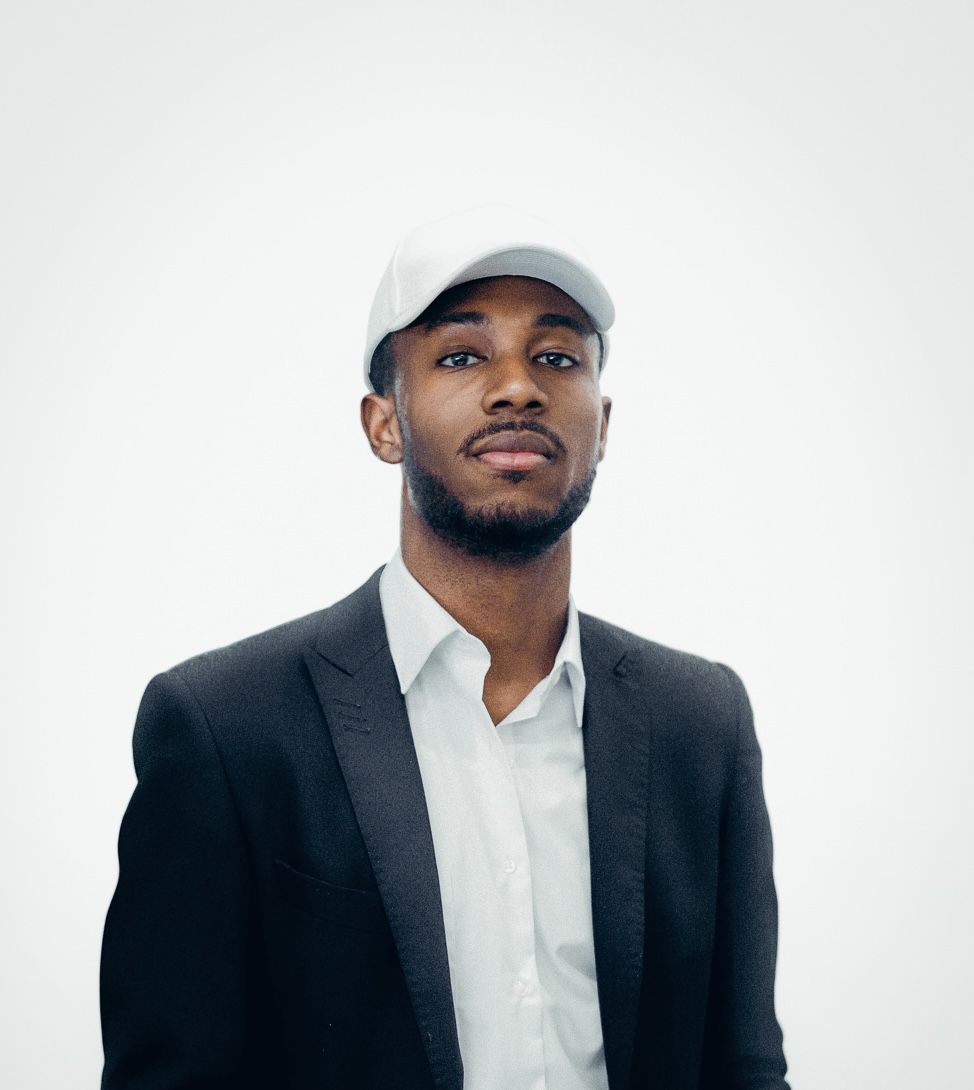We’re excited to introduce you to the always interesting and insightful Obatola Layiwola. We hope you’ll enjoy our conversation with Obatola below.
Hi Obatola, thanks for joining us today. Let’s start with education – we’d love to hear your thoughts about how we can better prepare students for a more fulfilling life and career.
The once-symbiotic relationship between industry and academia has been strained in recent years by rapid technological advancement and the accelerating pace of innovation. Traditionally, the industry has leaned on academia for foundational research and expert insight to inform product and service development. In return, academic institutions have benefited from industry funding, internship opportunities, and real-world application of scholarly knowledge.
However, this mutually beneficial relationship is being redefined. Emerging technologies—particularly artificial intelligence and automation—are reshaping roles that were once the exclusive domain of highly trained professionals. From design and software development to customer service and logistics, AI tools are encroaching on areas long considered safe havens for human expertise.
Consider Canva AI, for example. Just a few years ago, designing a professional-grade web application required either formal education and hands-on experience or hiring a skilled freelancer. Today, a user can simply type a prompt like, “Create a sleek, modern pricing calculator for my business,” and within minutes, receive a functional, customizable design ready to be embedded into their website.
What once took days or weeks can now be done in minutes. This democratization of technology lowers entry barriers for users, but also challenges the traditional academic path—undermining years of specialized education and expensive training, particularly in fields like software development and digital design.
Yet, this shift is not without opportunity. The automation of routine and repetitive tasks frees up valuable time and mental energy—making space for more critical, creative, and human-centered skills. Areas such as empathy, ethical reasoning, advanced coding, experiential design, and systems thinking are becoming increasingly vital in an AI-driven landscape.
This evolution demands a corresponding transformation in education. High schools and universities must realign curricula to emphasize:
• Automation literacy: Understanding how and when to leverage AI tools.
• Strategic thinking: Solving real-world problems beyond automated outputs.
• Inter-disciplinary skills: Working across disciplines and with AI systems.
• Creativity and adaptability: Innovating within changing technological environments.
In practice, leading companies like Adobe, Canva, Visual Code Studio, and Webflow already embed AI into their platforms, allowing users to bypass technical complexity and focus on higher-level design and strategic implementation.
To stay relevant and impactful, academic institutions must adapt to these tools and actively teach students how to think, build, and create with them. By doing so, education can once again become the foundation upon which industry innovation is built.
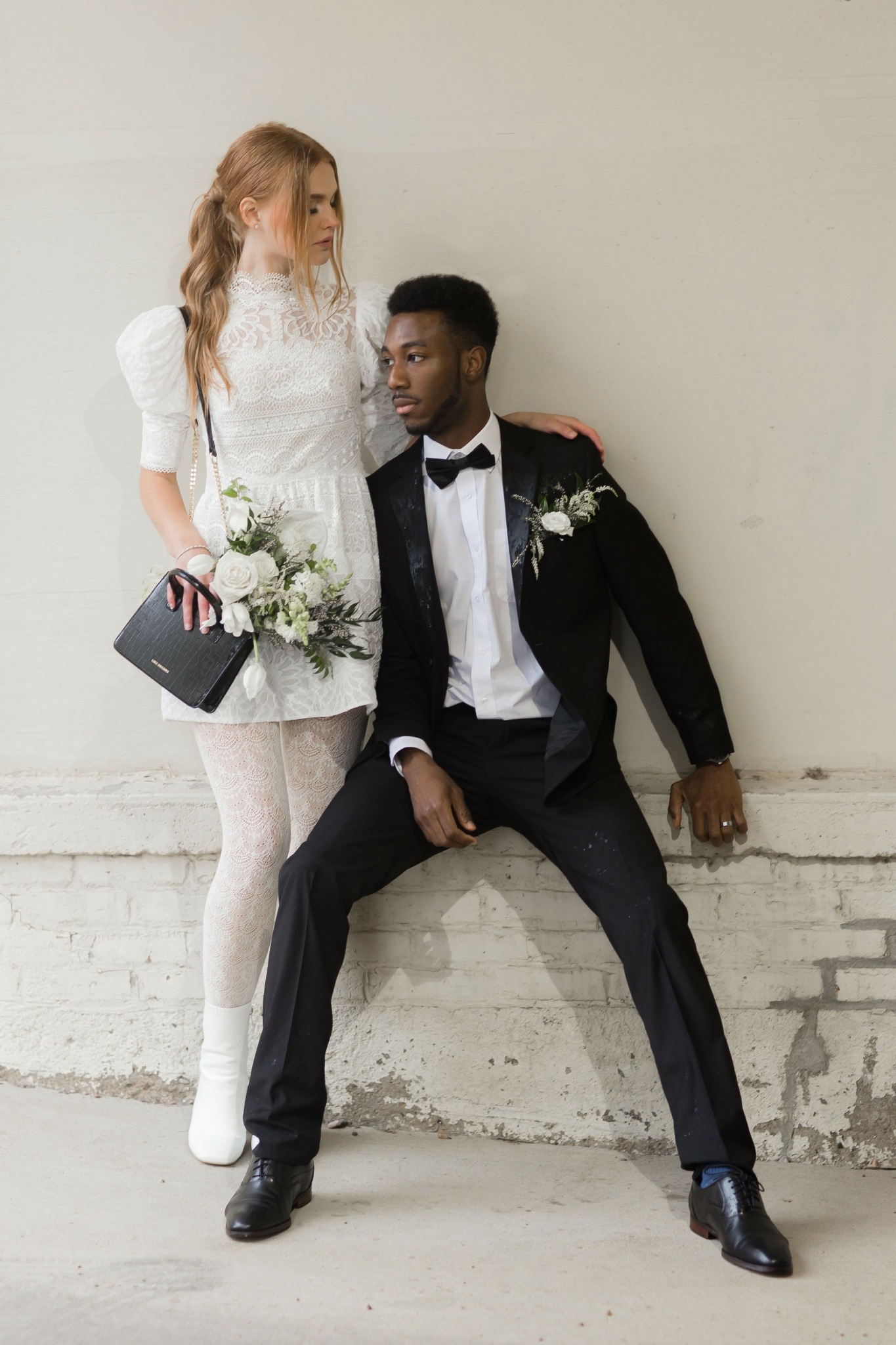
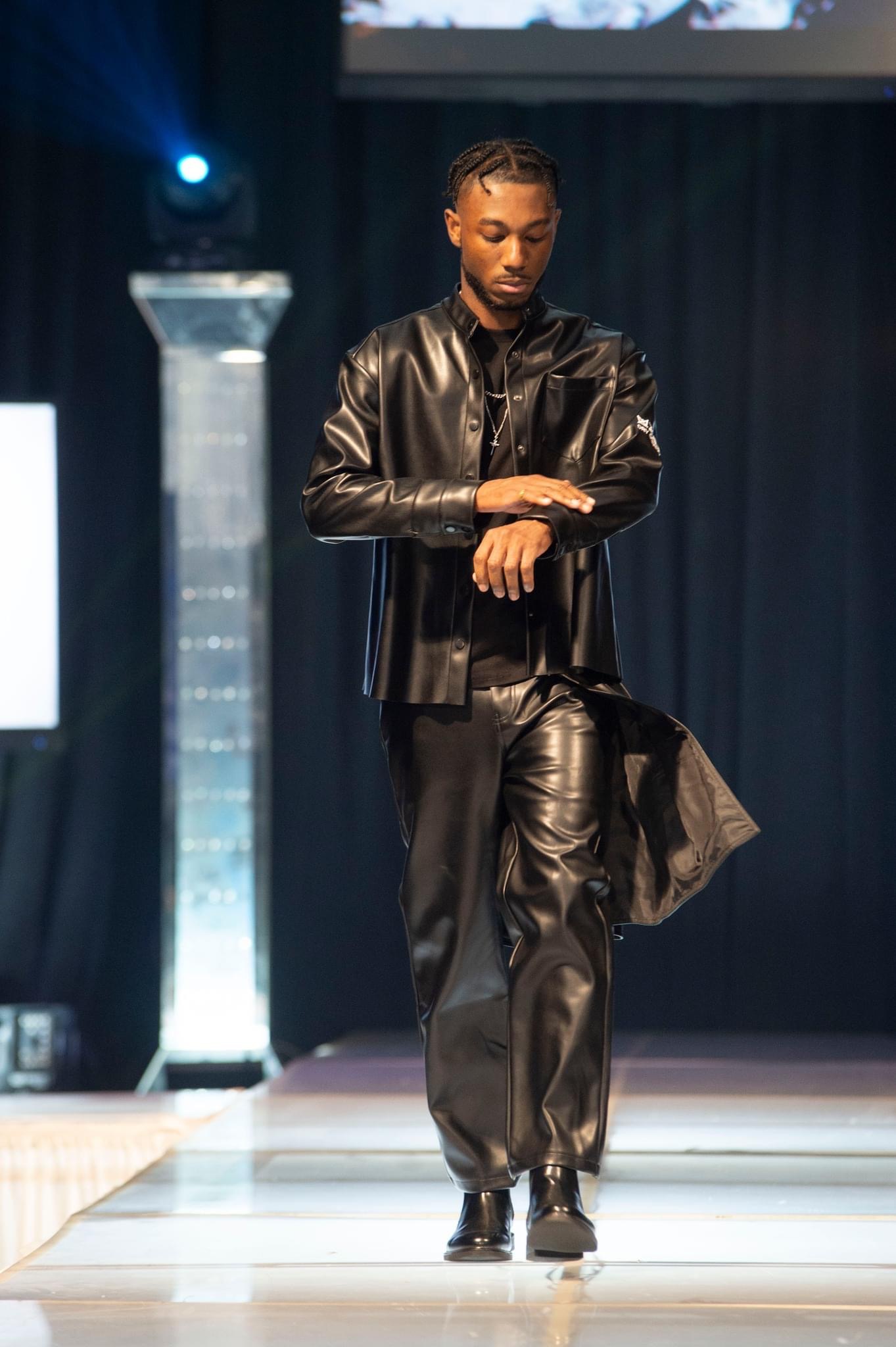
Obatola, before we move on to more of these sorts of questions, can you take some time to bring our readers up to speed on you and what you do?
Hello! My name is Obatola, though most people call me Oba, which translates to “King” in English.
My creative journey began in Nigeria at at the University of Lagos, where I studied Visual Arts. This foundational experience sparked a deep appreciation for artistic expression and opened my eyes to its relevance across disciplines. Driven by curiosity—especially in how art intersects with technology—I transferred to Dakota State University in 2019, where I earned a Bachelor of Science in Digital Arts and Design, Computer Graphics, with a minor in Photography.
After graduating, I launched my career as a Video Editor and Motion Graphics Artist at Apptegy, an EdTech SaaS company. There, I created dynamic marketing content for colleges and social media platforms, gaining hands-on experience in storytelling, branding, and educational outreach. In 2022, I transitioned into User Interface and User Experience (UI/UX) Design, where I collaborated with cross-functional teams to develop innovative communication, learning management, and payment solutions for high schools across the United States. One of the projects I led is projected to double the company’s annual recurring revenue. This period deepened my understanding of Interface and systems design and refined my ability to translate complex user needs into intuitive digital experiences.
My creative work has received multiple accolades, including the 2020 SDAF ADDY Student Best of Show award for my integrated advertising campaign, Fuel Your Passion. My projects have been showcased in educational institutions, galleries, and design exhibitions. In 2023, I delivered academic presentations such as “Outside the Box” at Dakota State University, highlighting the evolution of my design thinking and the integration of AI in creative workflows. I also gained media recognition in Nigeria for my keynote address at the Telling Textile Tales virtual conference, where I advocated for the global promotion of African textiles through innovative video marketing strategies.
Now pursuing graduate research at the University of Iowa, my work explores the intersections of cultural identity, digital technology, and social psychology. My thesis will weave together elements of performance art, experiential design, and web development elements to construct immersive visual narratives that foster deeper understanding in these critical areas.
Outside of my academic and professional work, I actively support humanitarian causes by participating as a runway model in numerous non-profit fashion shows, using art and fashion as powerful tools for awareness and advocacy. Looking ahead, I plan to collaborate with my mother, Peju Layiwola, on her fashion brand, as well as with other designers and photographers, to help promote their collections and amplify their creative visions through purposeful storytelling and design.
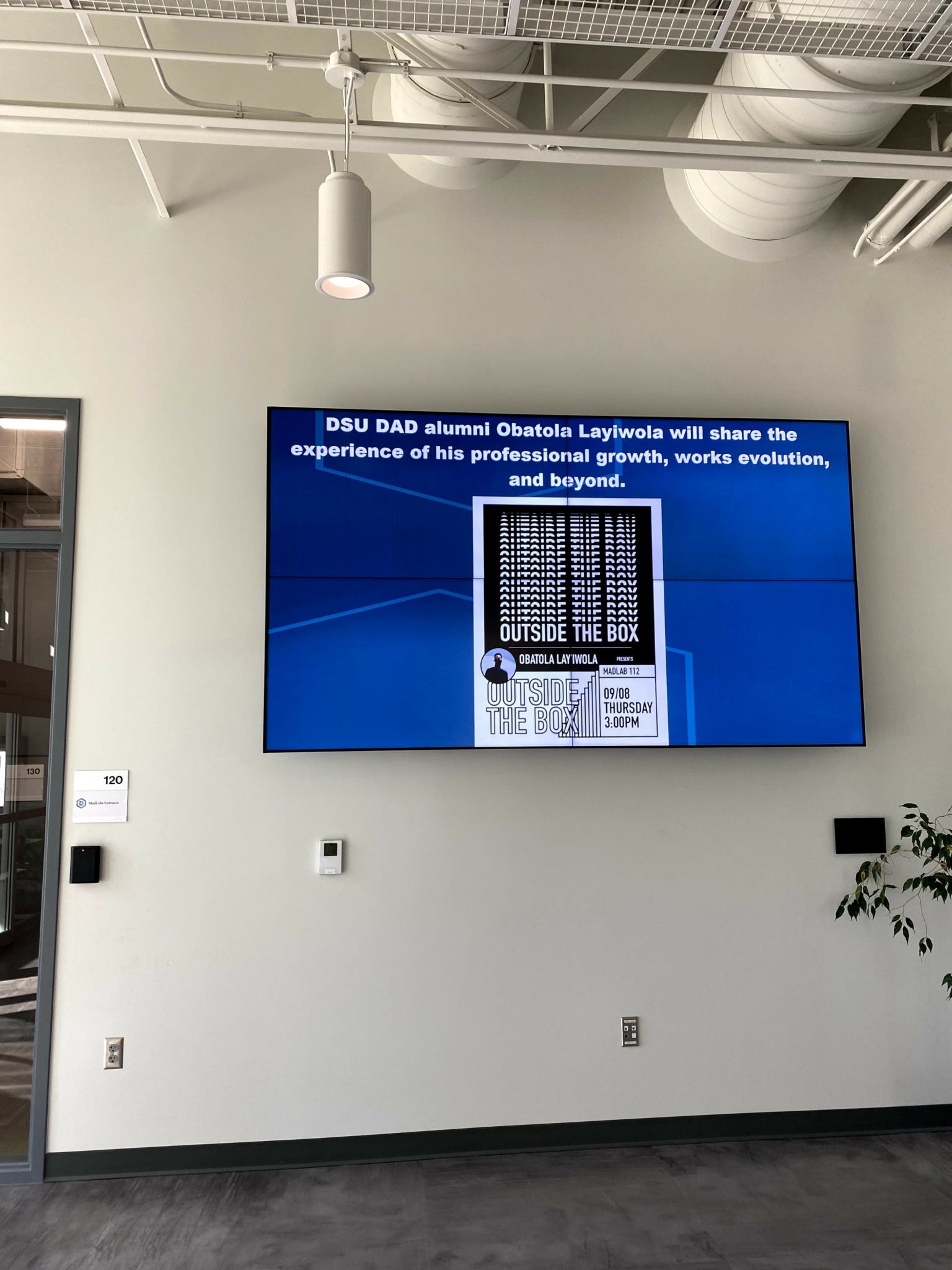
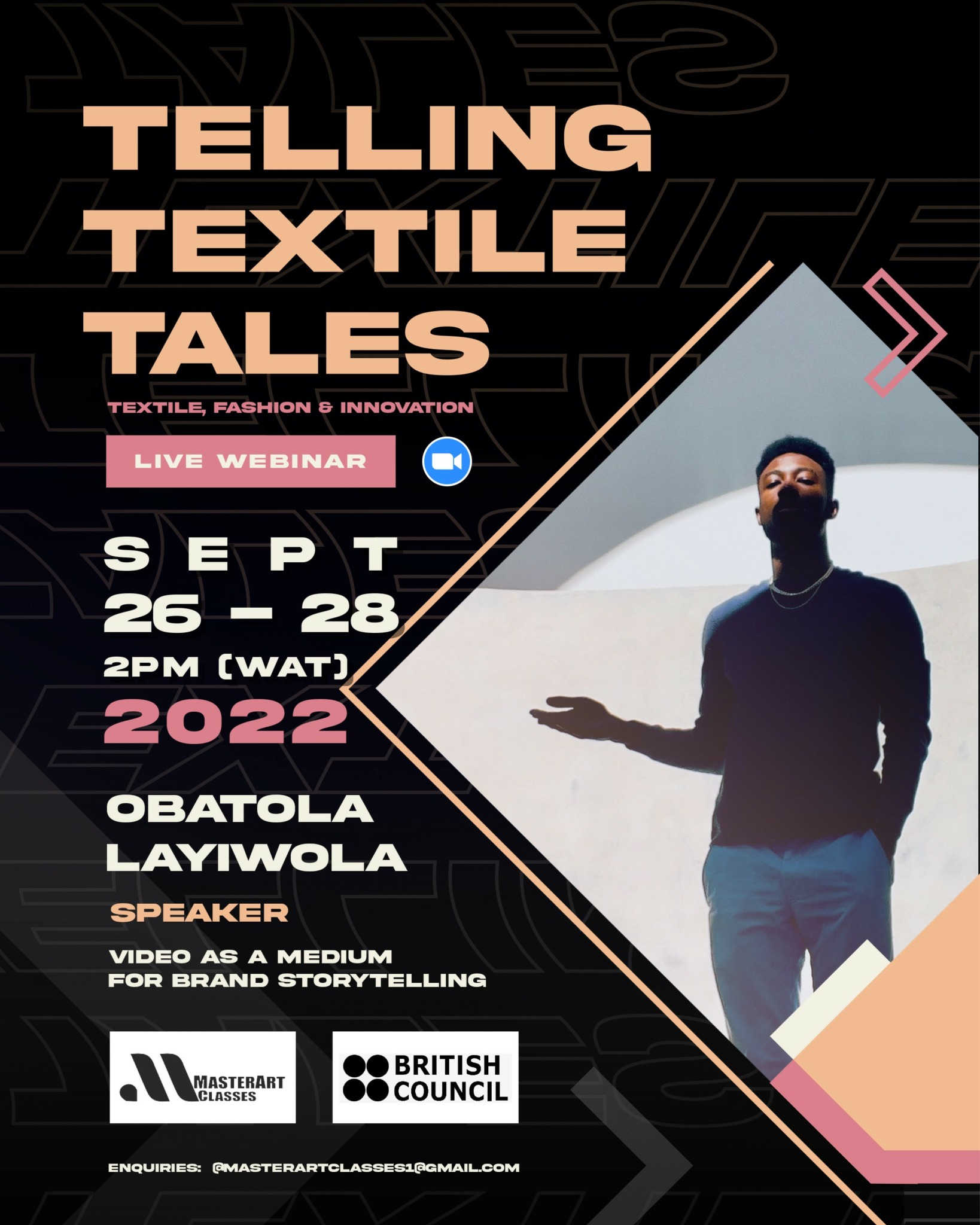
What do you think is the goal or mission that drives your creative journey?
At the core of my practice is a deep curiosity about artistic expression and the design of sustainable systems through user experience and experiential design. My lived experiences shape the way I create—they not only inform my art but also help me understand the motivations behind people’s decisions. This understanding fosters empathy, which in turn becomes the foundation of my design approach. Through this lens, I strive to develop thoughtful, sustainable solutions to the real-world challenges people face around the globe.
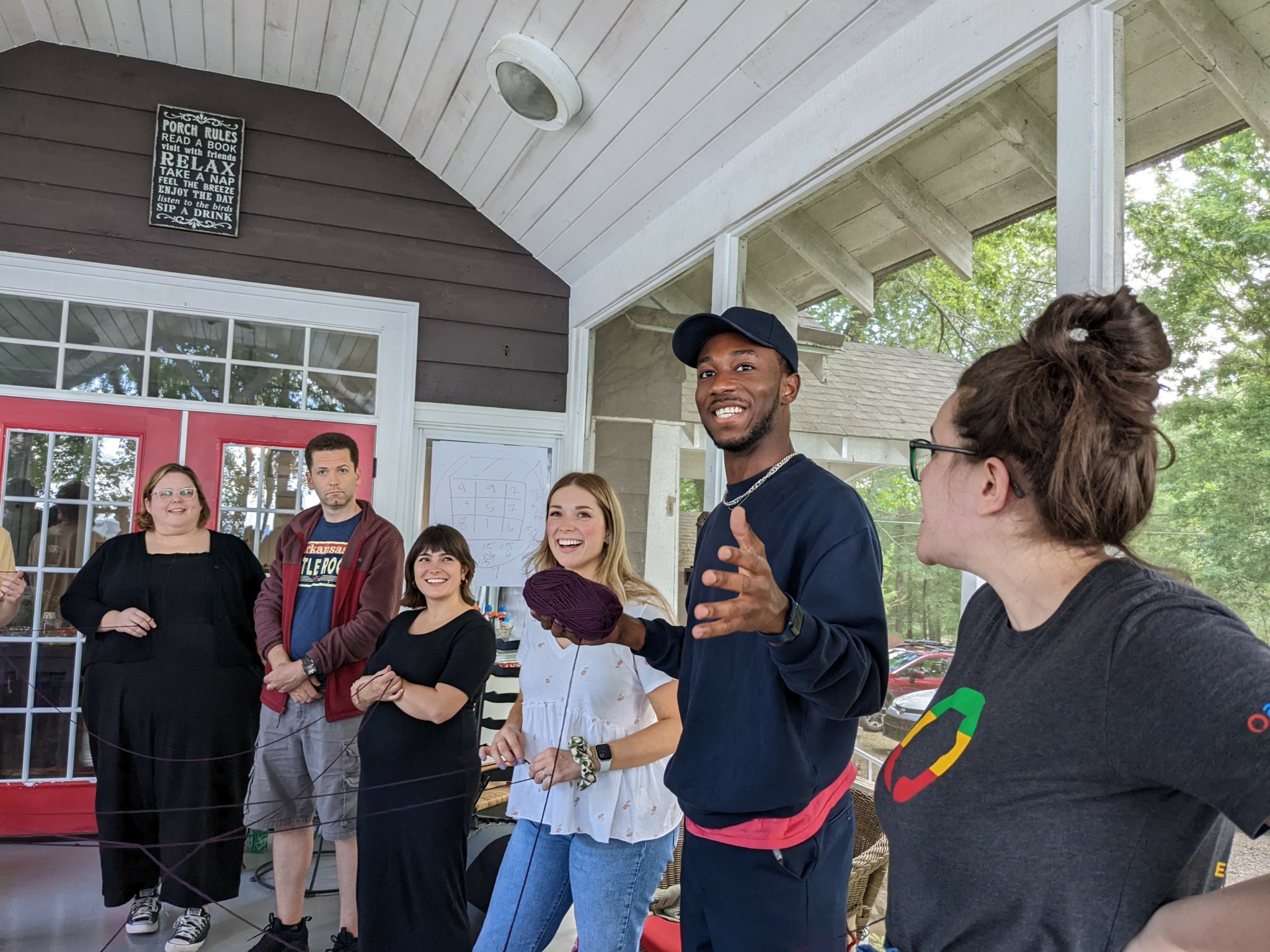
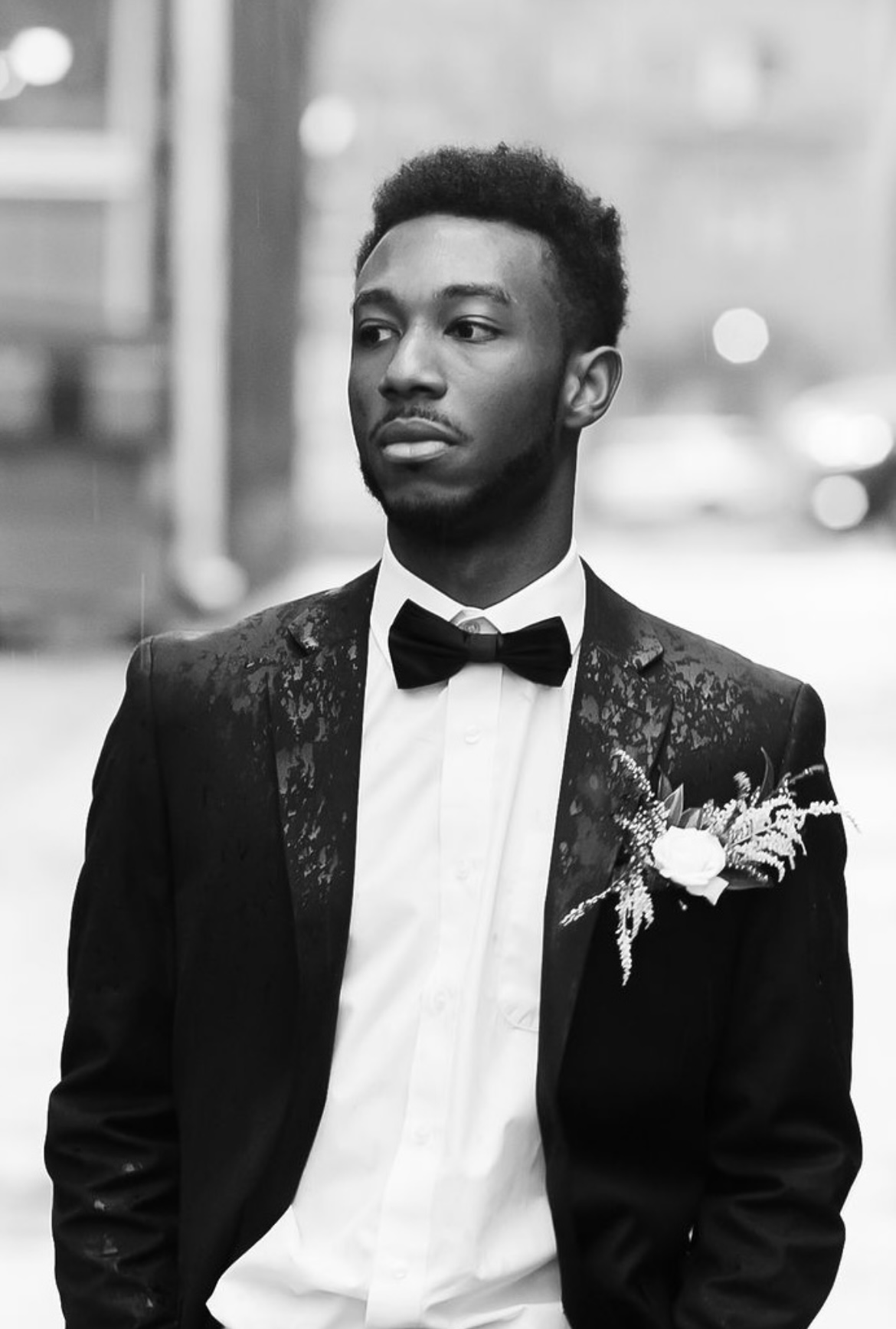
What do you find most rewarding about being a creative?
There’s a unique joy in creating something new—a feeling that borders on the transcendent. When I make music, it often feels like I’m in a trance, channeling raw energy into harmonious notes and rhythms. It’s an intuitive process, deeply personal and unfiltered.
Design evokes a similar state, but with a distinct shift in perspective. While music flows from within, design requires me to step into the shoes of others—to consider their needs, emotions, and experiences. Whether I’m promoting a product, building a system, or refining a user interface, design becomes a collaborative act of empathy and intention. It’s about crafting solutions that resonate, not just visually, but functionally and emotionally.
Contact Info:
- Website: https://obatolayiwola.com
- Instagram: https://www.instagram.com/obatolayiwola/
- Facebook: https://www.facebook.com/oba.layiwola.9
- Linkedin: https://www.linkedin.com/in/obatola-layiwola/
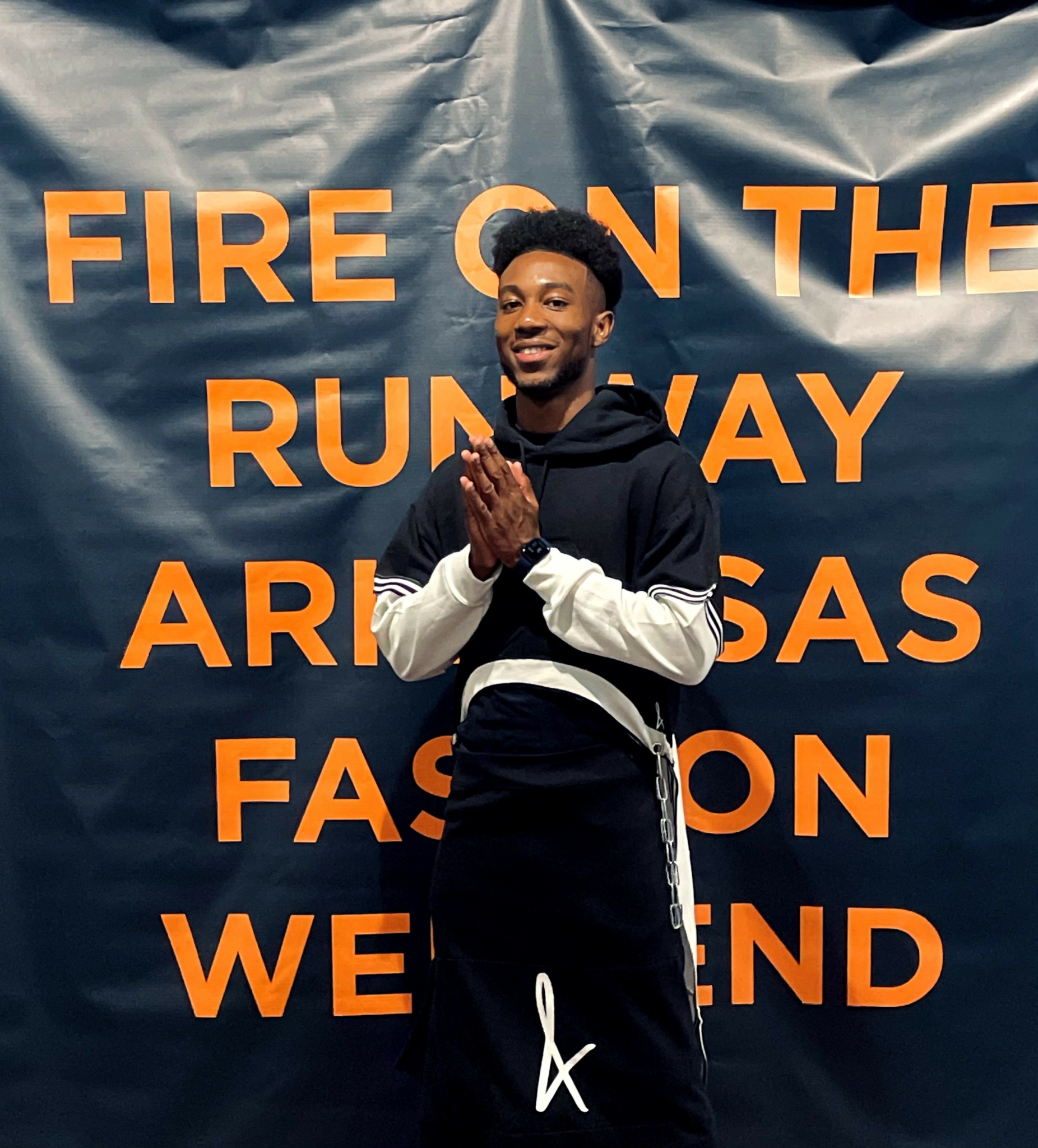
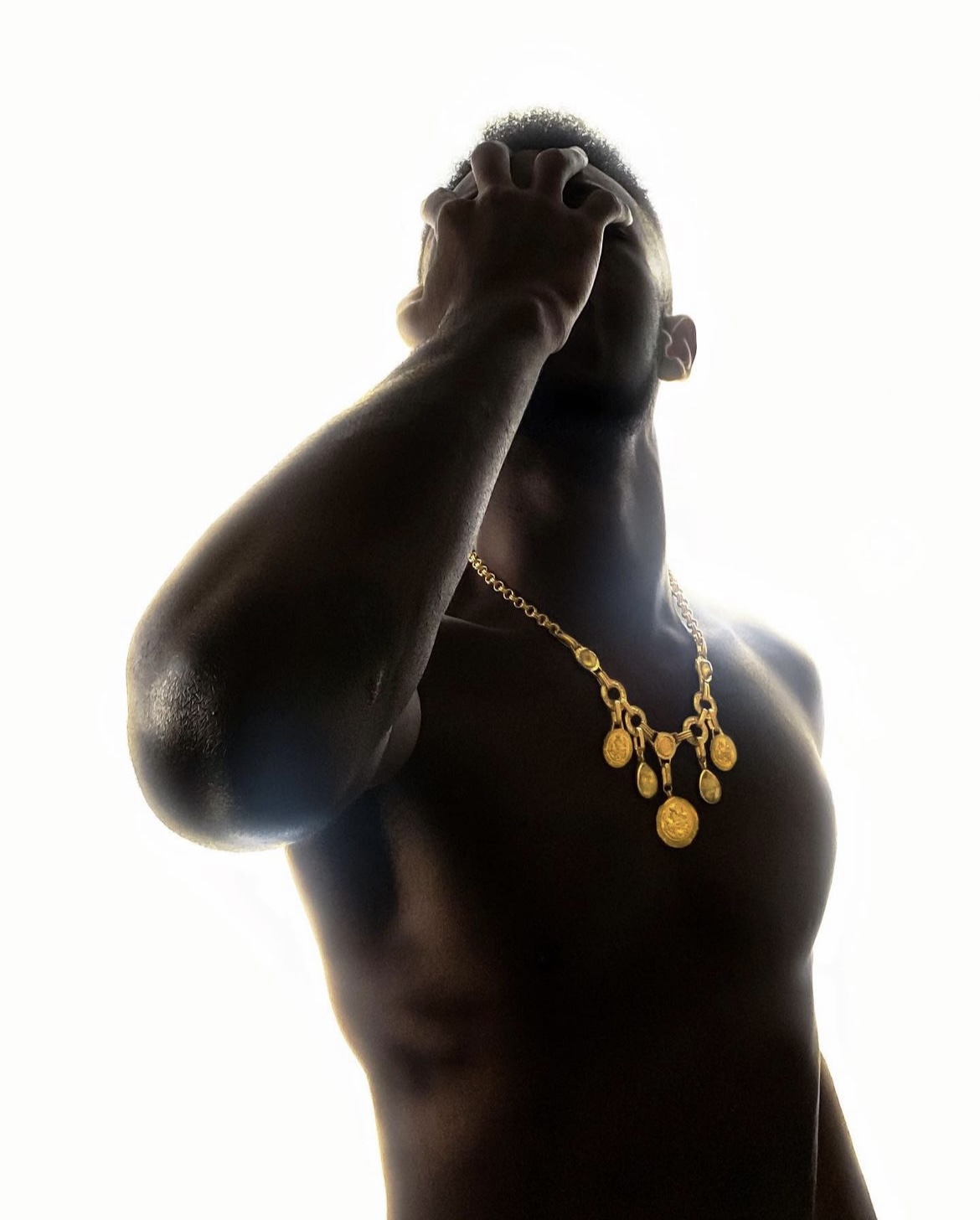
Image Credits
Patricia Solis, Obatola Layiwola


